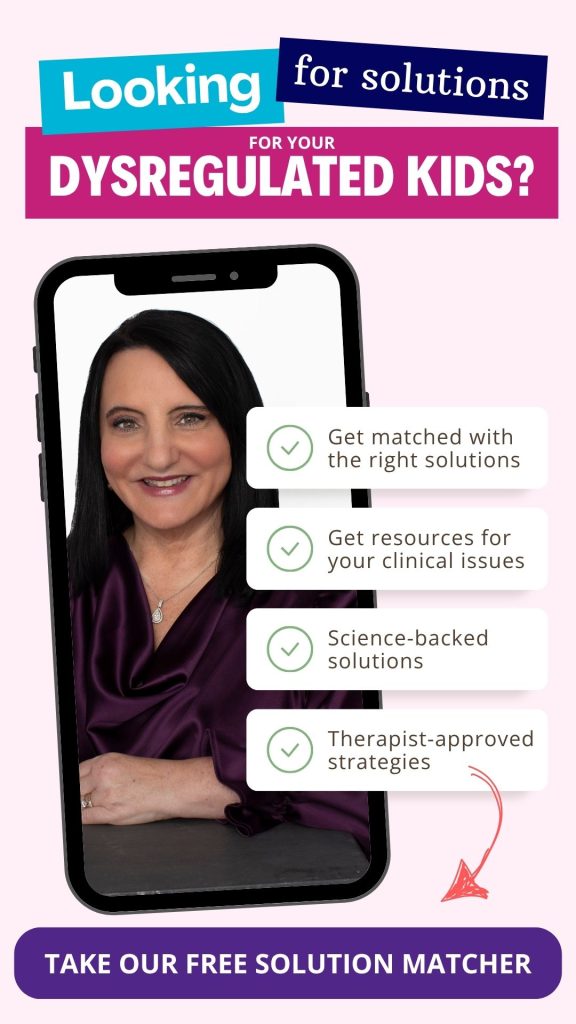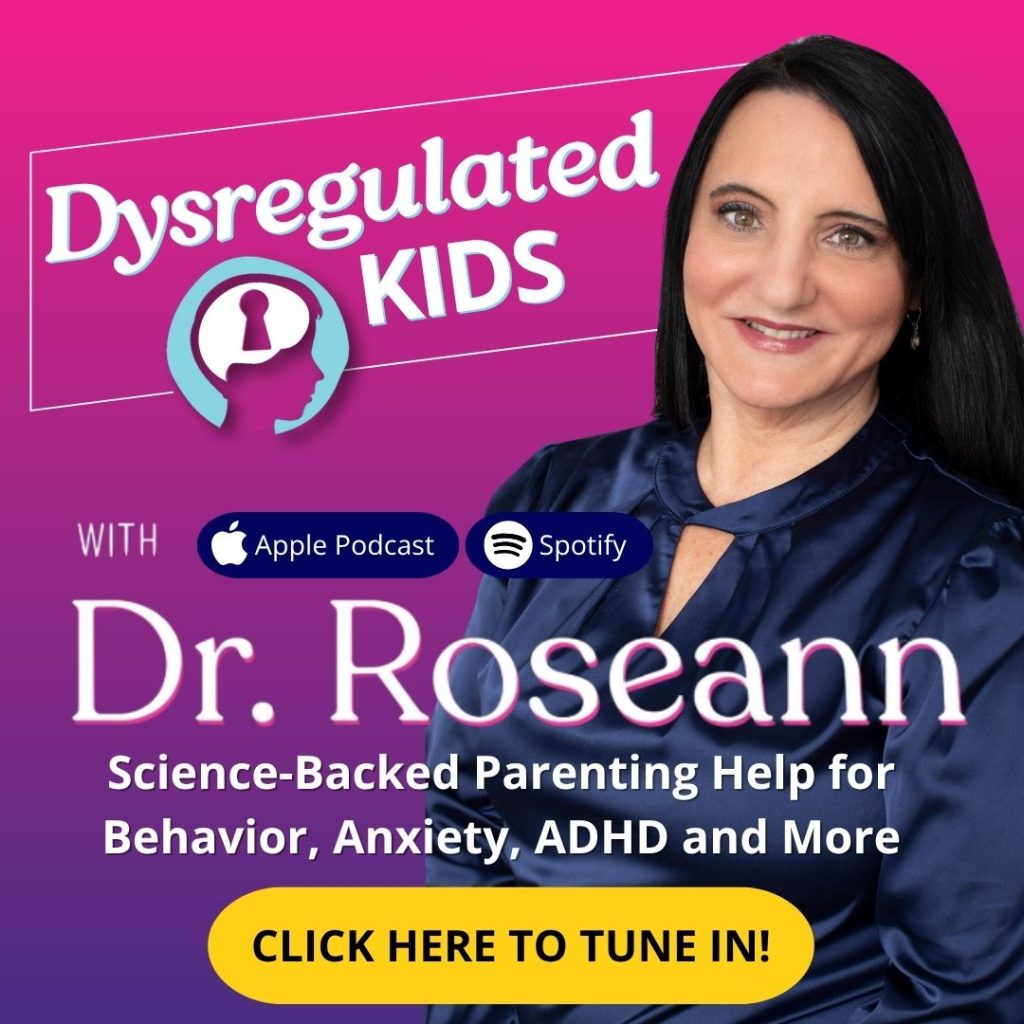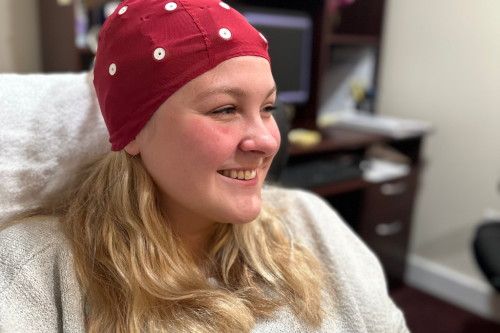Estimated reading time: 8 minutes
If your child’s emotions have been running high lately and you’re seeing tears, stomach aches, or school refusal, you’re probably asking yourself: Is this normal… or is something deeper going on?
You’re not alone.
Anxiety shows up in kids in sneaky ways, and sometimes even they don’t know how to explain it. But a child anxiety test can be the first step toward getting answers—and peace of mind.
In this blog, I’m going to walk you through what a child anxiety test actually is, what signs to look for, how to choose the right test, and what to do with the results (without panic, I promise!).
What Is a Child Anxiety Test?
Okay, so let’s demystify this: A child anxiety test is usually a short checklist or questionnaire that helps you understand if your child is dealing with anxiety and how intense it is.
It doesn’t label your child. It doesn’t define them. It just gives you clarity on what’s going on under the surface.
Some tests are simple online quizzes you can take at home. Others are research-backed tools used by therapists and pediatricians to get a fuller picture of your child’s emotional world.
These tests usually include questions about:
- Worrying about school, family, or the future
- Avoiding certain places or people
- Physical symptoms like racing heart, nausea, or headaches
- Irritability, crying, and emotional outbursts
Which Child Anxiety Test is Right For Your Kid
This is one of the most common questions I get from parents, and the good news is: You don’t need to choose perfectly. Most tests just give you starting data.
Here’s a quick guide:
If your child is between 8–18:
Try the SCARED (Screen for Child Anxiety Related Disorders). It even has versions for you and your child to fill out separately, so you can compare notes.
If you want to explore different types of anxiety (like social or separation anxiety):
The Spence Children’s Anxiety Scale (SCAS) is great for breaking it down.
For younger children or those with physical complaints:
Try the Pediatric Symptom Checklist (PSC)—it’s great at flagging things like frequent stomachaches and headaches that are often anxiety-driven.
If you’re working with a therapist or professional:
They might use K-SADS, a more in-depth tool during an interview.
Which Test is Best?
| Child's Age | Symptoms/Concerns | Recommended Test | Who Fills It Out |
|---|---|---|---|
| 3–7 years | Frequent stomachaches, tantrums, clinginess | Pediatric Symptom Checklist (PSC) | Parent |
| 8–12 years | Worry about school, friends, routines | SCARED (Child & Parent versions) | Child & Parent |
| 8–15 years | Specific fears (social, separation, panic) | Spence Children’s Anxiety Scale (SCAS) | Child |
| 13–18 years | Generalized anxiety, avoidance, mood swings | SCARED or SCAS | Teen & Parent |
| All Ages | In-depth clinical evaluation or diagnostic clarity needed | K-SADS (Kiddie Schedule for Affective Disorders) | Clinician-led assessment |
Signs Your Child Needs An Anxiety Test
Let me say this first: You know your child.
And if you’ve got a feeling something is off—don’t ignore it.
Here are some red flags I see all the time in kids with anxiety:
- Worrying about things most kids don’t think twice about
- Avoiding school, sports, or even fun family outings
- Frequent physical complaints—like stomach pain, headaches, or fatigue
- Getting stuck in negative thoughts: “I’ll fail,” “No one likes me,” “What if something bad happens?”

Are Tummy Aches a Sign of Anxiety?
Short answer? Very possibly.
When kids feel anxious, their nervous system gets triggered—and their digestive system slows down. That means tummy aches, nausea, even constipation can show up.
Tests like the SCAS and PSC actually include physical symptoms in their questions because this is such a common way anxiety shows up in kids.
Takeaway:
If your child complains of stomach pain every day, and doctors haven’t found a medical reason, consider anxiety as the underlying cause. It’s not “just in their head”—it’s a real, physical response.
We took the test… now what?
You did the brave thing and looked under the hood. So what’s next?
- If the score is high: That’s a signal to seek a more detailed evaluation (you don’t need to panic—just take the next step).
- If the score is borderline: Keep an eye on symptoms and consider talking to your pediatrician.
- If the score is low, but your gut says otherwise: Trust your instincts. Tests aren’t perfect.
PRO TIP: Bring the test results to your child’s doctor or therapist. It gives them a helpful snapshot of what your child is experiencing day-to-day.
Parent Action Steps:
FAQs
What’s the best anxiety test for teens?
The SCARED and SCAS are both great for tweens and teens because they include both emotional and physical symptoms.
Can I take a free anxiety test online?
Yes—many tools are available free online, but look for ones that are research-backed (not just Buzzfeed-style quizzes).
Will this help me know if my child needs medication?
Not exactly. It gives you data to bring to a professional, who can then assess whether therapy, lifestyle shifts, or medication might help.
Can anxiety look like ADHD or mood swings?
Absolutely. That’s why comprehensive testing and brain-based assessments like QEEG can be so helpful.
Citations
Gordon, M., Sinopoulou, V., Tabbers, M., Rexwinkel, R., de Bruijn, C., Dovey, T., & Benninga, M. (2022). Psychosocial interventions for the treatment of functional abdominal pain disorders in children: A systematic review and meta-analysis. JAMA Pediatrics, 176(6), 560–568. https://doi.org/10.1001/jamapediatrics.2022.0313
Saini, S., Narang, M., Srivastava, S., & Shah, D. (2021). Behavioral intervention in children with functional abdominal pain disorders: A promising option. Turkish Journal of Gastroenterology, 32(5), 443–450. https://doi.org/10.5152/tjg.2021.20679
Chakraborty, P. S., Daniel, R., & Navarro, F. A. (2023). Non‑pharmacologic approaches to treatment of pediatric functional abdominal pain disorders. Frontiers in Pediatrics, 11. https://doi.org/10.3389/fped.2023.1118874
Santucci, N. R., Velasco‑Benitez, C. A., King, C., Byars, K., Dye, T., Saps, M., & et al. (2024). Youth with functional abdominal pain disorders have more sleep disturbances: A school‑based study. Neurogastroenterology & Motility. Advance online publication. https://doi.org/10.1111/nmo.14992
Dr. Roseann Capanna-Hodge is a licensed mental health expert that is frequently cited in the media:
- What if it’s Not Depression (Video) Anxiety, OCD and Trichotillomania.
- Byrdie Smiling at Strangers was a Helpful Tool for my Social Anxiety.
- Parade The 10 Best Heated, Weighted Blankets for a Cozy, Anxiety-Free Night.
Always remember… “Calm Brain, Happy Family™”
Disclaimer: This article is not intended to give health advice and it is recommended to consult with a physician before beginning any new wellness regime. *The effectiveness of diagnosis and treatment vary by patient and condition. Dr. Roseann Capanna-Hodge, LLC does not guarantee certain results.
Are you looking for SOLUTIONS for your struggling child or teen?
Dr. Roseann and her team are all about science-backed solutions, so you are in the right place!
©Roseann Capanna-Hodge











